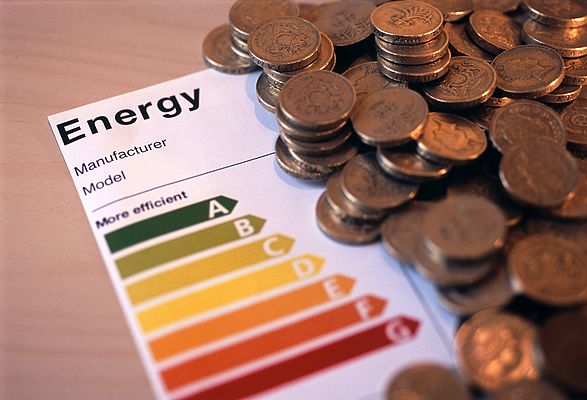The 2012 EU's Energy Efficiency Directive finally provided some measures to promote industrial energy efficiency. There is the requirement for mandatory audits for large industries, the promotion of energy management systems for all industry, and finding better ways of using waste heat for cogeneration. The Directive also tries to address financing by the promotion of energy service companies, using EU financial mechanisms to leverage private financing and some pilot schemes of innovative financial instruments. The European Commission (EC) together with the United Nations Environment Programme (UNEP) embarked on an important new step that seems so obvious: a permanent dialogue amongst financial institutions and related stakeholders to address the important issue of meeting energy efficiency targets by improving the financing environment.
The Energy Efficiency Financial Institutions Group ("EEFIG") was established as a permanent working group by the EC, in late 2013, as a result of the dialogue between DG Energy and the UNEP Finance Initiative ("UNEP FI"). Both institutions were individually engaging with financial institutions to determine how to overcome the well-documented challenges inherent in obtaining long-term financing for energy efficiency. EEFIG resulted from the joining of these forces to engage with the sector's stakeholders and financial institutions to create an open dialogue and work platform. This is the first time such a dialogue and work platform has been established between the Commission and the financial sector on the topic of energy efficiency finance.
In my capacity as chairman of EEIP Finance (EEIPFin) workstream, I am now representing Energy Efficiency in Industrial Processes, as EEIP has joined the group since it has started to address the industrial sector. This brings EEIP together with such financial institutions as ING Bank, the European Bank for Reconstruction and Development, Deutsche Bank, Société Générale, UniCredit Group, European Investment Bank and ASN Bank to name but a few.
In April, EEFIG published an interim report focusing on the buildings sector: "Energy Efficiency - the first fuel for the EU Economy." Importantly, as its title shows, it recognises the savings from energy efficiency can be and should be treated equally with energy supply options.
The interim report had some important recommendations that will be examined to see their relevance for industry:
· The full benefits of energy efficient refurbishments of buildings must be captured and wellarticulated, with evidence, and as a priority, to key financial decision makers;
· Processes and Standards for Energy Performance Certificates, Energy Codes and their Enforcement need to be strengthened and improved;
· Making it easy to get the right data to the right decision makers;
· Standards should be developed for each element in the energy efficiency investment process; and
· Priority and appropriate use of EU Structural and Investment Funds ("ESIF") and ETS revenues through public-private financial instruments from 2014-2020 will boost investment volumes and help accelerate the engagement of private sector finance through scaled risk-sharing.
The final report that includes the industrial sector will be published in early 2015. Until then, the group will meet monthly to analyse the situation and come forward with recommendations that will have impact. EEIP has been bringing business people together with representatives of the financial community to address many of these issues. This new initiative is on an entirely different scale. Let's hope that it will work to truly make a difference and we will start seeing more investment in industrial energy efficiency measures.
By Rod Janssen, EiD and chairman of EEIP Finance Consortium
























































